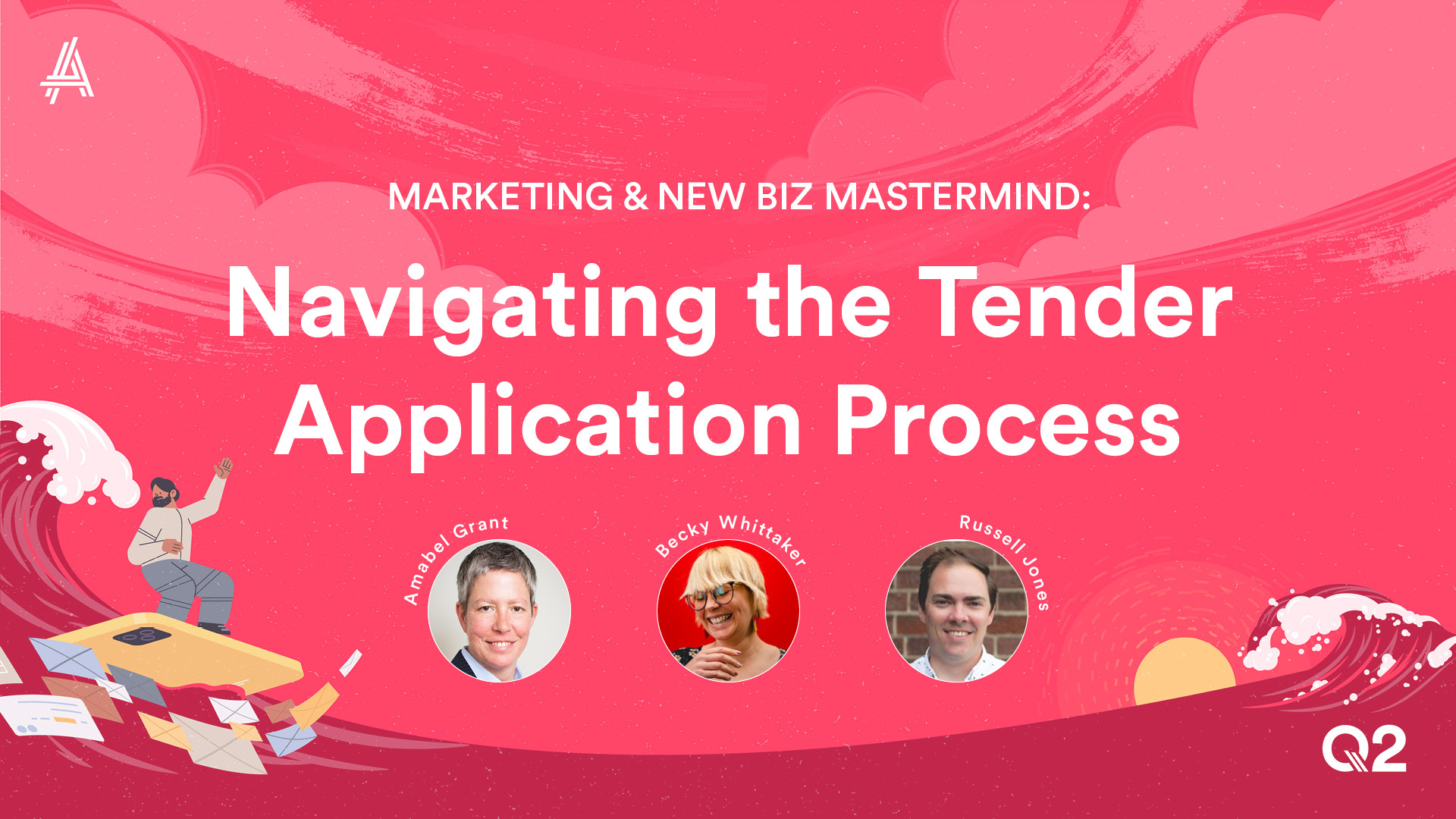
• The tender process can be an arduous one.
• What should you include in your bid to make sure you win? And where do you even start in the first place?
• In this month’s marketing and new biz mastermind, our panellists take you through the tender application process and the hurdles you should be aware of.

Tenders are a great source for new business. They can help you build long-lasting relationships with clients in your sector, and remove the risk of competing agencies poaching them from you.
But while the advantages seem like a no-brainer, the process for winning the work is a bit more complicated.
“The public sector is highly regulated and therefore incredibly process-driven,” says Amabel Grant, CEO at Bloom Procurement. “It’s very structured, and very, very difficult to get into if you don’t know how.”
Tenders work in a similar way to job applications:
- A tender details the specific criteria of an upcoming contract.
- Suppliers (or agencies) then place their bid (or application) to win the work.
- The buyer chooses the best one.
With most tenders, pricing is evaluated on a ‘MEAT’ mechanism: Most Economically Advantageous Tender.
“You have to be aware that it’s an area where you do need to be competitive on price,” says Becky Whittaker, head of bid management at Anything Is Possible.
“You often have to go in with cheaper rates in order to win tenders, but you have to think of the benefits of that long-term partnership.”
If you’re clever about it, the business relationship doesn’t have to stop at just one piece of work either.
“As your agency grows, you can also grow that client and offer them additional services,” says Becky. “It’s much easier to pinpoint what they need when you’re already contracted to provide for them.”
“And should that client need to tender for something else, you’re in a better position to win that business.”
In this month’s marketing and new business mastermind, we’ll be talking about how to navigate the tender application process.
We’ll be joined by three panellists who each have extensive experience in this area, so you can get your questions answered by the experts.
Come along to hear how you can tackle this challenging new business route from those who have been there and done it.